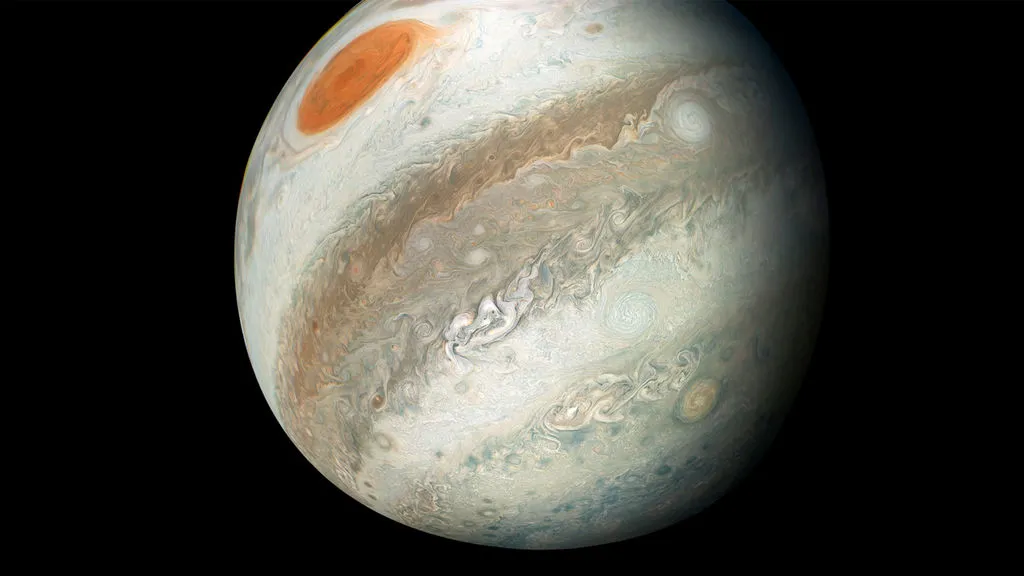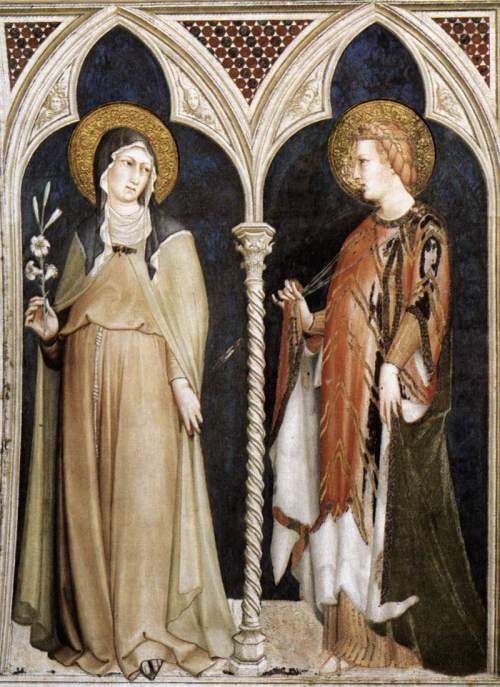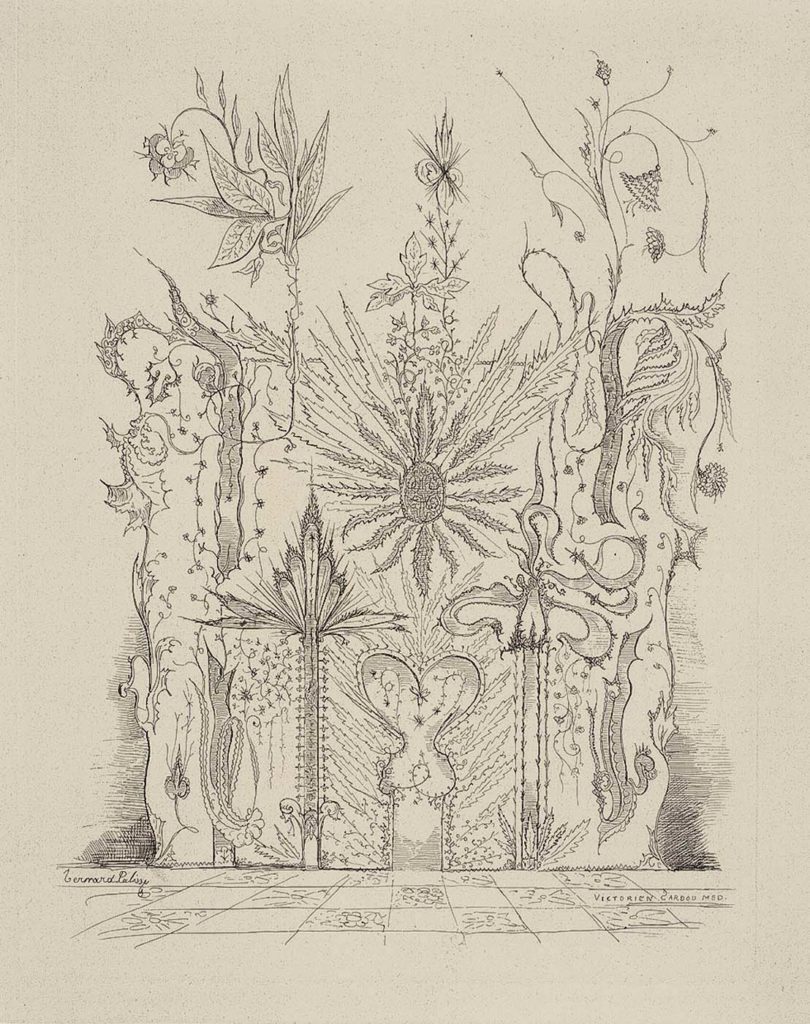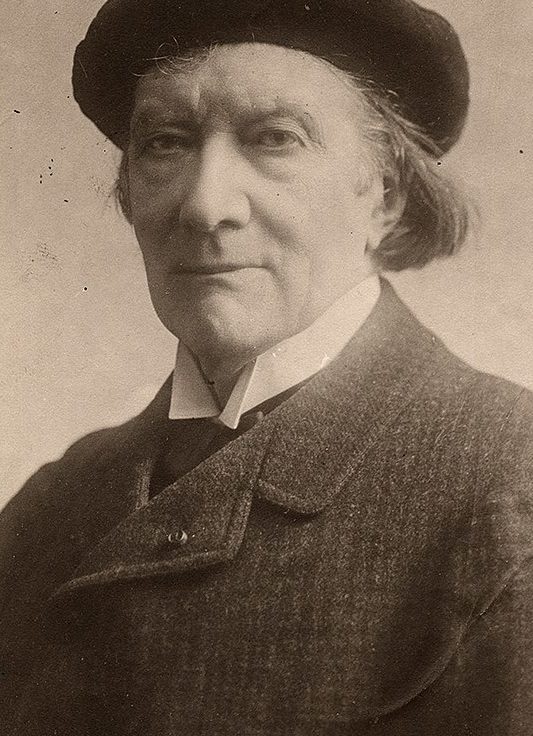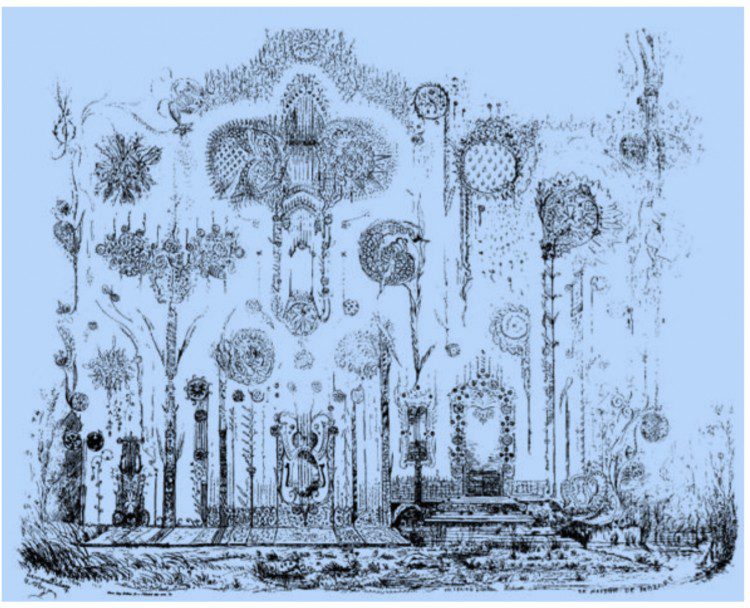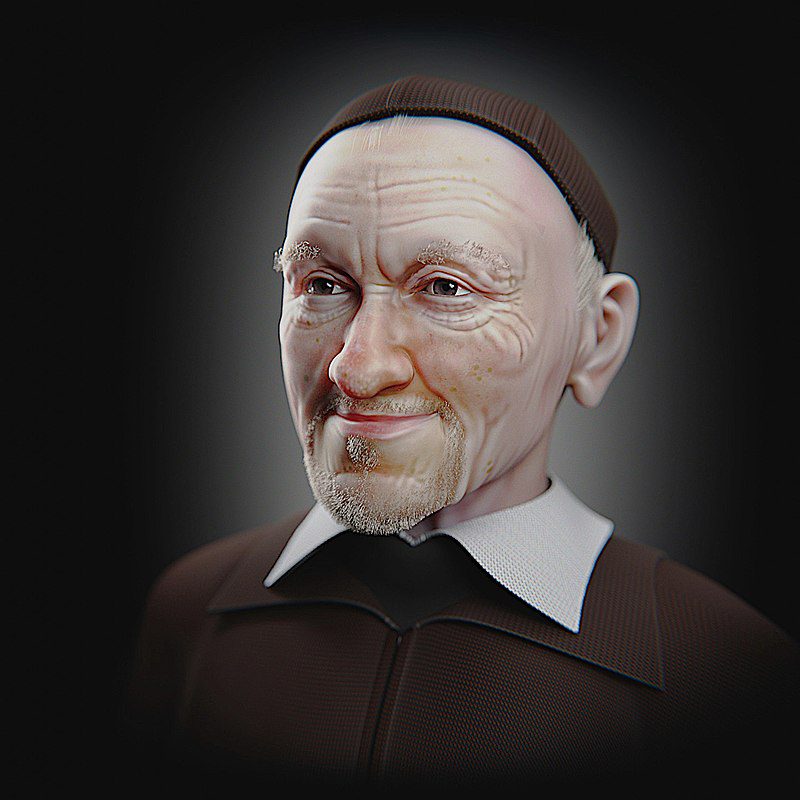Compulsory reincarnation
This is a recurring subject. It doesn't take much effort to find such a statement: a reluctant Spirit, that is, one who resists moving forward, could be “forced” into a compulsory reincarnation, understanding, in this concept, that superior Spirits would force him to face trials and expiations.” for your own good".
Well, my brothers, “calm down”! We need to be very careful with the statements we make out there, often based on concepts that have a basis of truth, but that become generically applied as “law” — and here we have already addressed several of these cases.
Firstly, we need to recover what we learned from the study of Spiritism — that science that many resist in studying and who formed, through Kardec's studies, the Spiritist Doctrine or Spiritism: firstly, Spiritism is based on the doctrine of the choice of evidence, that is, it states that, as long as we have the capacity, us ever we choose our trials and our atonements. It doesn't hurt to remember: test it is an opportunity to face a situation, to learn from that situation and overcome an imperfection; already the atonement it happens when the Spirit imposes any kind of suffering in order to face, in his own skin, an evil that he has imposed on others.
We said: “it imposes itself”, because no one, not any Spirit, not even God, imposes punishments on anyone. When, in Kardec's context, we say “God willed”, “God allowed”, “God punished”, it means that all of this occurs as an effect of Creation. Now, as we are his creatures, intelligent beings capable of free will, when we impose any ordeal on ourselves it means that, indirectly, God allows it, just as he allows evil – or, rather, the absence of good – to exist.
Well, we introduced the concept of proofs and atonements, which aim to bring a learning to the Spirit. However, we know that we only learn something when we really understand that we made a mistake, which brings us guilt, remorse and the desire to make amends – which may or may not happen with the victims of our mistakes. We also recall that the choice of proofs and atonements is a primordial principle, as taught by the Spirits. In fact, this is clearly exposed in The Spirits' Book:
258. When in erraticity, before starting a new corporeal existence, does the Spirit have awareness and foresight of what will happen to him in the course of his earthly life?
“He himself chooses the kind of tests he has to go through, and that is his free will.”
The) - Is it not God, then, who imposes on him the tribulations of life, as a punishment?
“Nothing happens without God's permission, because it was God who established all the laws that govern the universe. Go now and ask why he decreed this law and not that one! Giving the Spirit the freedom to choose, God leaves him fully responsible for his actions and the consequences they have. Nothing stands in the way of your future; open if thus the way of good is found, as well as the way of evil. If he succumbs, he will be left with the consolation that not everything is over, and that divine goodness grants him the freedom to start over what was wrongly done. Furthermore, it is necessary to distinguish what is the work of God's will from that of man. If a danger threatens you, it was not you who created it, but God. But yours was your desire to expose yourselves to him, because you saw in it a way to progress, and God permitted it.”
So where is this “forced reincarnation”?
Let's see, in question 262, the following:
262. How can Spirit, who in its origins is simple, ignorant and lacking in experience, choose an existence with knowledge of the facts and be responsible for that choice?
“God supplies him with inexperience, laying out the path he must follow, as you do with a little child. Little by little, however, as his free will develops, he leaves the master to make the choice, and only then does it often happen to him to go astray, taking the wrong path, by disregarding the advice of the Spirits. Good. This is what can be called the fall of man.”
The) - When the Spirit enjoys free will, the choice of bodily existence will always depend exclusively on its will, or this existence can be imposed on it ((Compulsory reincarnation)), as atonement, by the will of God?
“God knows how to wait, he does not hasten atonement. However, it can impose a certain existence on a Spirit, when this, due to its inferiority or ill-will, is not able to understand what would be more beneficial to it, and when it sees that such existence will serve for the purification and progress of the Spirit, by while serving as an atonement for him.”
Now, does God then impose the atonement? It's not like that. What happens is that when the Spirit is in denial or resistance, he cannot see the good that would provide him with facing his imperfections through trials and atonements. It cannot, therefore, choose lucidly…. But it keeps reincarnating. Let's see, still in OLE:
167. What is the end aimed at with reincarnation?
“Atonement, progressive improvement of humanity. Without this, where is justice?”
We easily understand that the incarnation is a need for the advancement of the Spirit and that, when he is still simple and ignorant, which easily gives him the state of resistance, can easily resist facing their own imperfections. It is there, therefore, that the mechanics of the Divine Law make up for your inexperience: through a “forced” incarnation, that is, a “common” incarnation, but without choices of tests and expiations, the Spirit will face the school of material life, which will, in one way or another, confront its imperfections , according to the way in which choose act on the matter. So, you can choose – deep down, there is always the choice, from the moment the Spirit enters the age of consciousness – to continue giving in to the passions, a practice from which it will reap bitter results (and that is the involuntary atonement), until, one day, this moral suffering motivate you to say: “enough! I'm tired of acting like this! I'm tired of suffering for being imperfect! I need to get rid of these imperfections!” It is at this moment that this Spirit returns to choosing tests and expiations.
Finally, we remind you that the knowledge brought by Spiritism is of substantial importance to leverage the process of evolution of the Spirit, because, at the moment when, through science, that is, through reason, he understands that he has to have will firm to overcome its imperfections, it can advance in years what it did not advance in successive incarnations.
